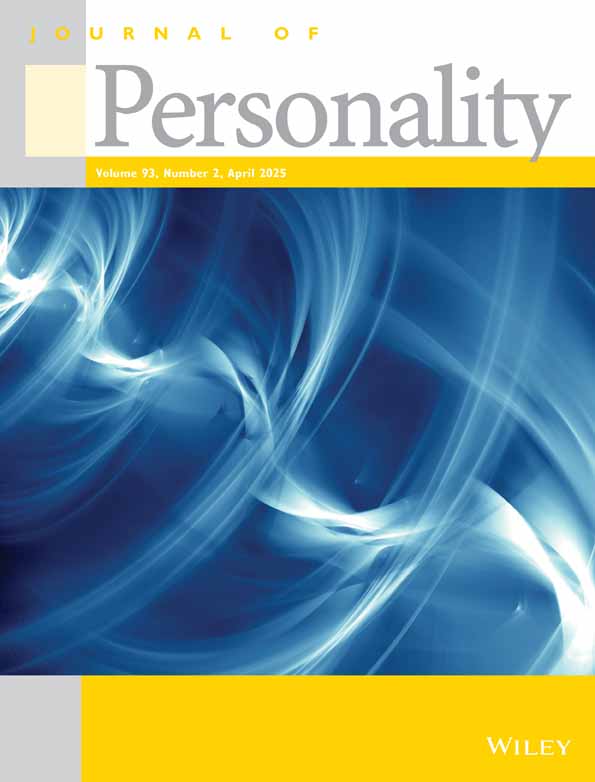Extraversion and low introversion more equivalent to high introversion in depression during COVID-19
[Correction added on 23 March 2024 after first online publication: The author’s affiliation has been corrected along with the correspondence address.]
Abstract
Objective
This study investigated whether forms of extraversion-introversion produced different depression-related outcomes before and during the COVID-19 pandemic.
Method
One-way MANCOVAs were conducted to investigate the relationship between extraversion-introversion and depressive symptoms. These data were sourced from the NLSY97, consisting of 4846 individuals born between 1980 and 1984.
Results
During pre-pandemic periods, high introversion increased the risk of depressive symptoms. During the pandemic, the risk for depressive symptoms was more equivalent, or less predominately high-introvert-based, among extraverted/low introverted and high introverted subjects.
Conclusions
Extraversion/low introversion was linked with increased depression, relative to high introversion, during the pandemic. The findings raise significant questions about how individuals with distinct personality traits may experience changes in their psychological well-being during challenging public health events.
CONFLICT OF INTEREST STATEMENT
The author declares no conflicts of interest.
Open Research
DATA AVAILABILITY STATEMENT
The data used in this study are available from the National Longitudinal Survey of Youth 97. https://www.nlsinfo.org/content/cohorts/nlsy97. As such, the author did not preregister the research in an independent, institutional registry.




